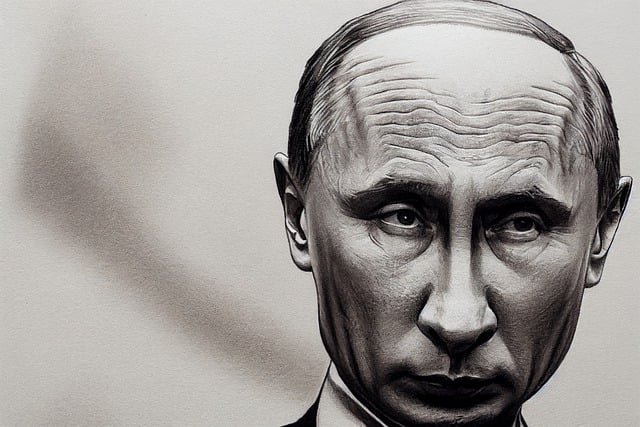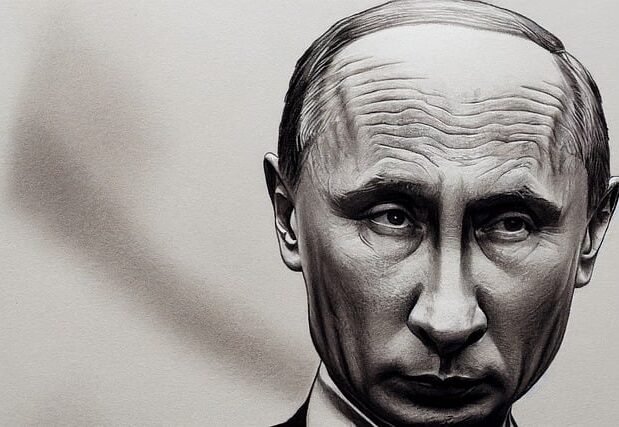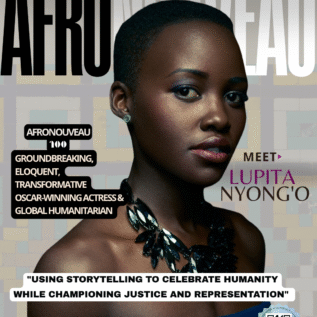In a bold move that signals Russia’s growing ambitions in Africa, President Vladimir Putin has extended an offer of “total support” to the continent, encompassing a wide range of areas including the fight against terrorism and extremism

|
NOV 2024
★AFROLATELY
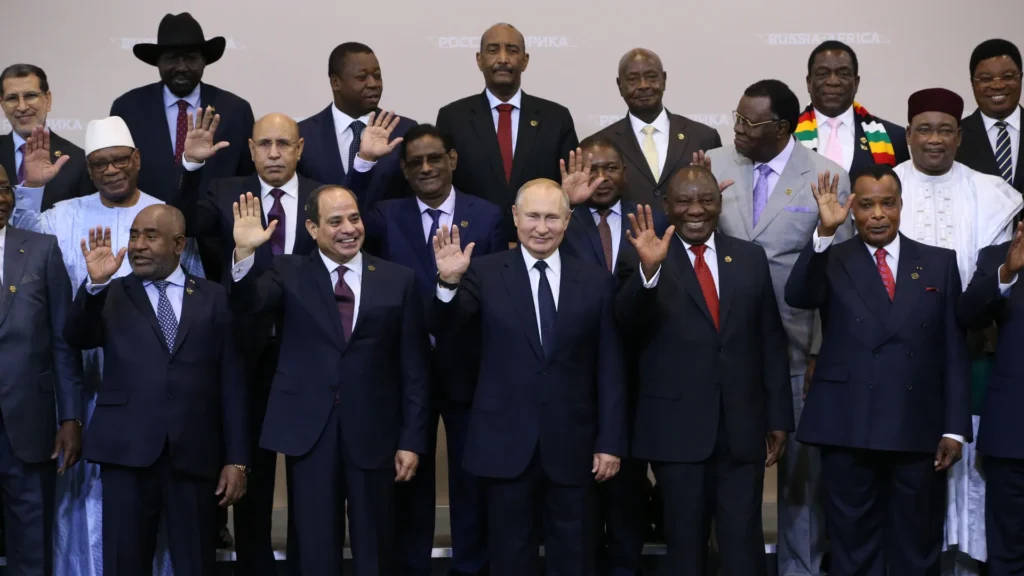
This declaration, delivered by Russian Foreign Minister Sergei Lavrov at a high-profile summit in Sochi, underscores Moscow’s intensifying efforts to strengthen its foothold in Africa.
The summit has become a stage for African nations to voice their shifting allegiances, with several governments openly embracing Russia as a preferred partner over their former colonial ties. Burkina Faso’s Foreign Minister, Karamoko Jean-Marie Traoré, boldly stated that Russia presents a more suitable alliance than France, echoing a sentiment shared by other former French colonies.
Mali’s Foreign Minister, Abdoulaye Diop, drew a stark contrast between what he termed Russia’s “sincere” partnership and the “neo-colonial” approach of Western powers. Diop highlighted ongoing collaborations with Russian companies across various sectors, including energy, telecommunications, technology, and mining, emphasizing the mutual benefits of these partnerships.
The rebranded Wagner Group, now operating under the Africa Corps banner, has emerged as a key player in Russia’s African strategy. Their presence in countries like Burkina Faso, Mali, and Niger has been instrumental in supporting military juntas, albeit with limited success in combating Islamist militants.
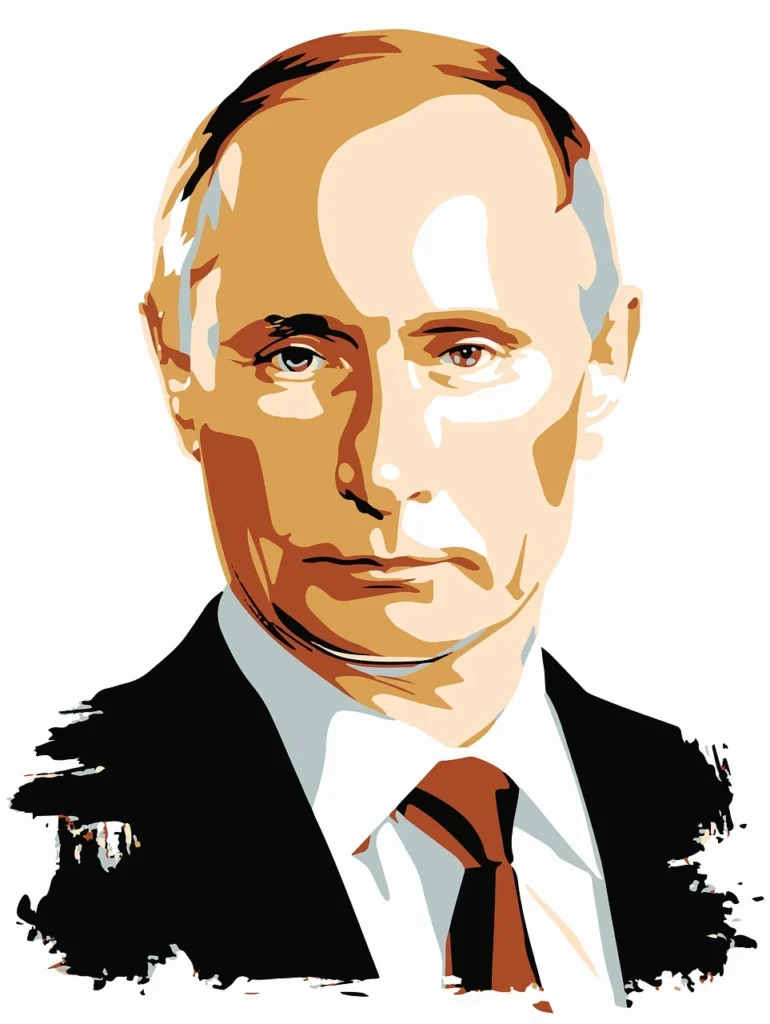
Putin’s speech, rich with promises of continued support in areas ranging from sustainable development to disaster relief, reflects Russia’s multifaceted approach to engaging with African nations. This strategy, which often involves exchanging military assistance for access to natural resources, comes with the assurance of non-interference in internal affairs – a stark contrast to Western approaches.
The EU, represented by Emanuela Del Re, acknowledges the shifting dynamics in Africa. Del Re emphasized the need for the West to adapt to these changes, recognizing Russia’s historical ties with the continent while also noting the presence of other global players in the region.
Rwanda’s engagement with Russia, particularly in nuclear energy development, exemplifies the pragmatic approach many African nations are taking to diversify their international partnerships. This trend suggests a more complex geopolitical landscape where African leaders are strategically balancing relationships with multiple global powers.
As Russia’s influence in Africa continues to grow, albeit through methods that raise concerns in the West, the continent is increasingly becoming a arena for global power dynamics. This shift presents both opportunities and challenges for African nations as they navigate these evolving international relationships.




